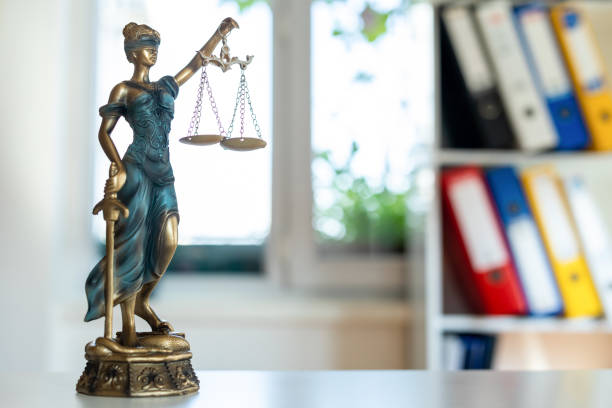Understanding the role of a judgment collection lawyer is crucial when you’re dealing with unpaid judgments in New York. Some people think getting a court judgment is the final step. However, collecting the money can be a different story. This is where Warner & Scheuerman Judgment Attorneys come in. They help you turn legal victories into real recoveries. In New York, laws about collecting judgments vary, making expert guidance essential. Judgment collection lawyers know how to navigate this complex legal environment. They handle everything from locating assets to enforcing liens. You can trust them to take the necessary steps to recover your money. These attorneys use their expertise to ensure that the judgment holder receives what they are owed. Their work involves pressing for payment and negotiating settlements. Without their knowledge, you may find yourself facing obstacles that delay or even prevent successful judgment collection.
Why You Need a Judgment Collection Lawyer
Unpaid judgments can be frustrating and confusing. After all, a court has ruled in your favor. However, collecting the money owed often requires additional legal steps. Judgment collection lawyers specialize in this complex process. They understand New York’s specific laws and procedures, which can significantly impact the collection process.
Key Responsibilities of Judgment Collection Lawyers
Judgment collection lawyers perform several vital tasks, ensuring the enforcement of court judgments. Here’s what they do:
- Locate Assets: They use legal tools to find assets your debtor may have hidden.
- Enforce Liens: They file liens against property and assets, securing your claim.
- Negotiate Settlements: They work to reach a fair settlement, speeding up the payment process.
Comparing Self-Collection and Legal Assistance
Attempting to collect a judgment on your own can lead to delays and frustration. Here’s a comparison to illustrate why professional help is often more effective:
| Aspect | Self-Collection | Legal Assistance |
| Asset Discovery | Limited access to debtor’s information | Access to legal tools for uncovering assets |
| Time Efficiency | Potentially lengthy process | Streamlined and quicker results |
| Legal Knowledge | Possibly lacking legal nuances | Deep understanding of legal procedures |
| Success Rate | Generally lower | Higher due to expertise and resources |
Legal Framework in New York
New York has specific laws that govern how judgments are collected. You must navigate these legal requirements properly to ensure successful collection. The New York State Unified Court System provides valuable resources for understanding these laws. However, having a lawyer familiar with these regulations can make a significant difference in the success of your case.
Steps in the Collection Process
Judgment collection involves several steps. Here’s an overview:
- File a motion to enforce the judgment.
- Investigate the debtor’s financial status.
- Levy bank accounts if possible.
- Garnish wages when applicable.
- Negotiate to reach a settlement or payment plan.
Challenges in Judgment Collection
Even with a judgment in hand, several challenges can arise. Debtors may hide assets or declare bankruptcy. They might also contest the judgment, leading to additional legal hurdles. Judgment collection lawyers are skilled in overcoming these challenges, ensuring you receive what you are owed.
The Emotional Impact
Unpaid debts can cause significant stress and anxiety. Knowing you have a legal professional on your side provides peace of mind. You can focus on other aspects of your life while your lawyer handles the intricacies of judgment collection.
Conclusion
Judgment collection is a specialized field requiring expertise and knowledge of New York’s laws. Engaging a judgment collection lawyer can make a significant difference in turning a court ruling into actual payment. By understanding the process and relying on expert legal assistance, you can navigate the complex world of judgment collection with confidence and security.



